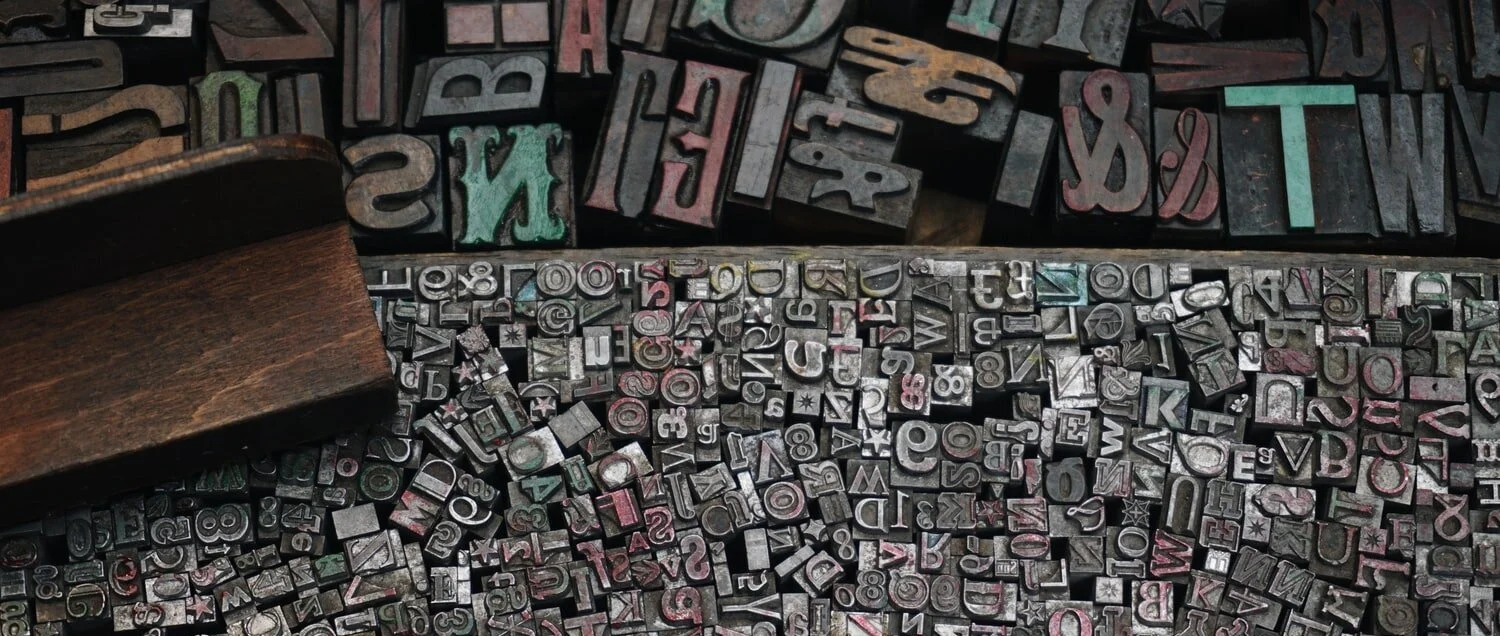The Joys and Challenges of Starting a Small Press
The last two decades have seen a resurgence of interest in small presses. In response to the ‘merger mania’ of the 1980s – the rapid consolidation of the publishing industry into a handful of corporate giants – contemporary literary culture shows a necessary return to small, often activist, presses. These indie publishers play a vital role, frequently putting enormous amounts of time and effort into seeking out a diverse range of new voices. The recent high-profile success of British indies such as Galley Beggar Press – which kicked off the meteoric rise of Eimear McBride, and more recently discovered the publishing sensation Ducks, Newburyport – has further boosted interest in small presses. Many literary folks are now wondering about starting up their own small press, but find the idea daunting. We’ve spoken to a handful of leading lights in the small press landscape about the joys – and challenges – of establishing your own firm.
The first thing to say is that you don’t need to have publishing experience to set up as a publisher. It’s true that many people at the helm of small presses started their careers in the industry; Lilliput Press founder Antony Farrell, for example, ‘cut [his] teeth as an editor working for Heinemann, a small literary magazine [and] a gardening magazine’. But, he emphasises, setting up a small press is less about experience and more about ‘happenstance’ and ‘determination’: ‘you don’t actually set out to do it; it’s a way of life more than a career’. Hawkwood Books director Ellis Delmonte – a former teacher and lecturer – remarked that setting up his outfit was ‘an organic, unplanned process’.
Lynn Michell of Linen Press was also a newcomer to the business: ‘I had no experience of publishing.’ She was originally a medical sociologist, but after suffering from ME she used her experience of interview-based research to write a book about others’ experiences of living with the illness. Shattered: Life with ME was published by HarperCollins. From there, she set up the writing group where she eventually met her first author. Marjorie Wilson’s book, Michell says, ‘had been rejected by every publisher in the land, so I took it on – without any knowledge of the business’.
Meeting a very special author and feeling that their work should be published is a common theme; Farrell also describes one of his first authors as his main inspiration for setting up Lilliput. Farrell published Hubert Butler’s first volume, Escape from the Anthill, in 1985 when Butler was 85. ‘He was my foundation stone,’ Farrell recounts. ‘Releasing that voice made me realise what I wanted to do: enable that sort of voice to get published.’
Other founders of small presses have been motivated by the lack of regional, linguistic, gender and ethnic diversity in mainstream publishing. Cipher Press, for example, is dedicated to publishing work by queer-identifying authors. Publisher Jenn Thompson says: ‘The main inspiration came from the lack of dedicated queer publishing in the UK. There used to be a thriving LGBTQI+ publishing scene but it sort of died out. So it felt like a good time to start something new, a press that reflects how our community has changed and evolved.’ Linen Press specialises in ‘publishing women writers, including many from minority groups whose books would otherwise not see the light of day’.
Nordisk, on the other hand, publishes translated works of modern and contemporary fiction from Scandinavia. Director Duncan J. Lewis explains: ‘The main two things that inspired me to found Nordisk were a conviction that there was a wealth of exciting fiction being published in the region that was not being translated, and that [Scandinavia] had become exclusively associated with crime thrillers, which seemed a shame.’ Holland Park Press is similarly geared towards bringing literature from other languages to the UK, with a focus on Dutch authors. Small presses, then, often set out to bring underrepresented voices to a wider audience.
Once you know what your motivation is, the next step is setting up your business: registering with Companies House and getting production, print, distribution and sales infrastructure in place. It might seem overwhelming, but the trick, Delmonte told us, is to see it as ‘a sequence of smaller steps’; it’s just about ‘getting to know the various systems’. And while there’s a lot to consider and organise, it is all completely achievable. Lewis recounts that the first step was getting an author and their prospective novel in place; ‘from there I set about speaking to printers, booksellers, graphic designers, etc., to understand exactly what went into publishing a book’. Founders of small presses are often something of a one-woman-band, especially at the beginning: Michell even typed out Linen Press’s first manuscript herself, while her daughter-in-law edited photographs and managed the graphic design. Advances in technology have helped; Jansen op de Haar explains that at the time she was setting up Holland Park, ‘print on demand was becoming much better, so I didn’t have to print upfront’, which of course means ‘fewer overheads’.
It’s never completely smooth sailing, of course. The biggest struggle, Farrell says, is ‘keeping materially afloat’. Asked if there were unexpected challenges, Delmonte lamented: ‘Hundreds. I’m not sure I’ve surmounted them even now. The biggest ones are financing, sales, record keeping, accounts, data handling, marketing and artwork – getting decent covers and illustrations…’ Anticipating and managing demand with limited access to sales and distribution infrastructure is another hurdle. Michell recounts an incident at the beginning: ‘I published way too many copies of novels by four unknown authors, not knowing then that books didn’t sell themselves. It took five years to claw back my financial losses.’ However, Linen Press survived: ‘I switched to Ingram [and] print on demand and now make a small profit on every book, which I plough back into the business.’ It’s also difficult to know what will sell: ‘I’ve turned down bestsellers; every publisher has that story’, Farrell laughs. Jansen op de Haar says that marketing is the biggest struggle, but she has found an innovative solution: ‘I run a bookstall in markets most Saturdays, because it displays all our books in one go. I find that very good for selling books, meeting readers and getting follow-up sales on the website and in bookshops.’ She also values the direct contact with readers and authors: ‘I’ve even discovered new manuscripts.’ Indie presses may face a range of challenges, but their determination and small size means that they are often more innovative and flexible than big publishers.
Besides, many publishers feel that the joy of publishing writing they care about makes the battles and hardships fade into the background. One of the most rewarding things about running Linen Press, Michell says, is ‘the close bond that develops between myself and my authors’. For Lewis, it’s helping his authors towards greater recognition: ‘seeing books that we have loved, often debuts by young authors, that would otherwise probably never have been published in English, on the shelves of both indie bookshops and Waterstones or Foyles’. Farrell, too, loves the way ‘books have lives of their own once they’re out there’. ‘My very first book was Leo Daly’s The Rock Garden,’ he recalls. ‘It had a modest success at the time but fell out of print two years ago.’ Then something unexpected happened: ‘It was discovered in a charity shop by the girlfriend of a German publisher in Berlin, she fell in love with the book and Edition Karo produced beautiful editions in German.’ He goes on: ‘Handing a book to its author is like being a midwife and giving a child to its mother.’
Establishing a small press has its vagaries, but it’s never been clearer that literary culture would be impoverished without them. The publishers we interviewed show a fierce love for literature and a determination to make the industry more inclusive in every way. Their experiences and insights suggest that you don’t have to have enormous amounts of money or industry experience to start a small press (though it definitely helps); your just have to be resourceful, adaptable, and a lover of literature.
Samantha Purvis

